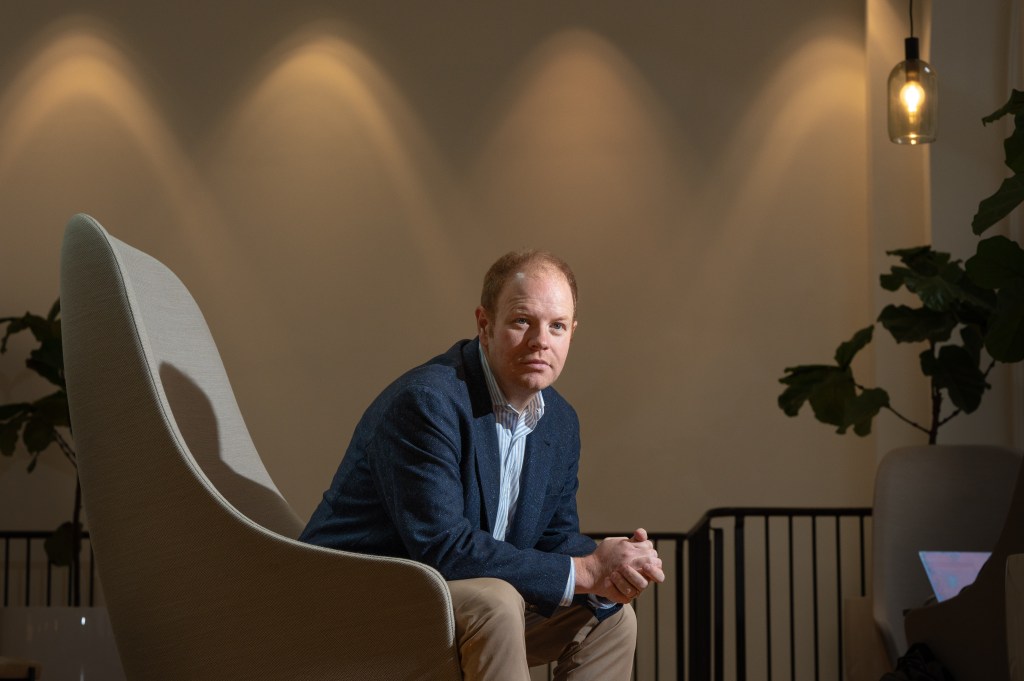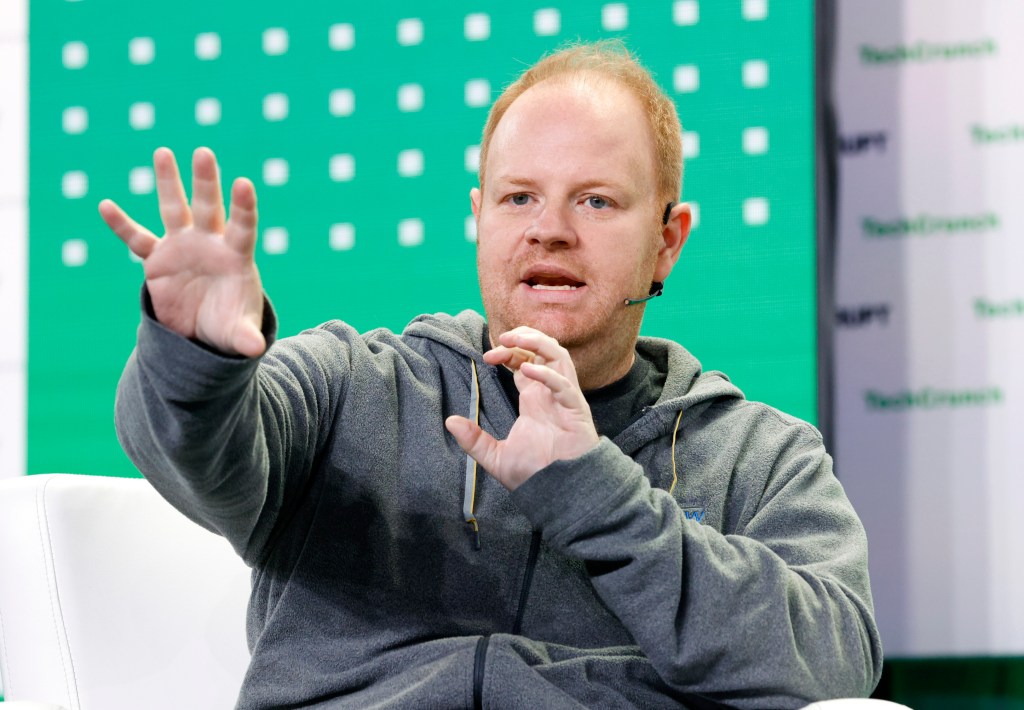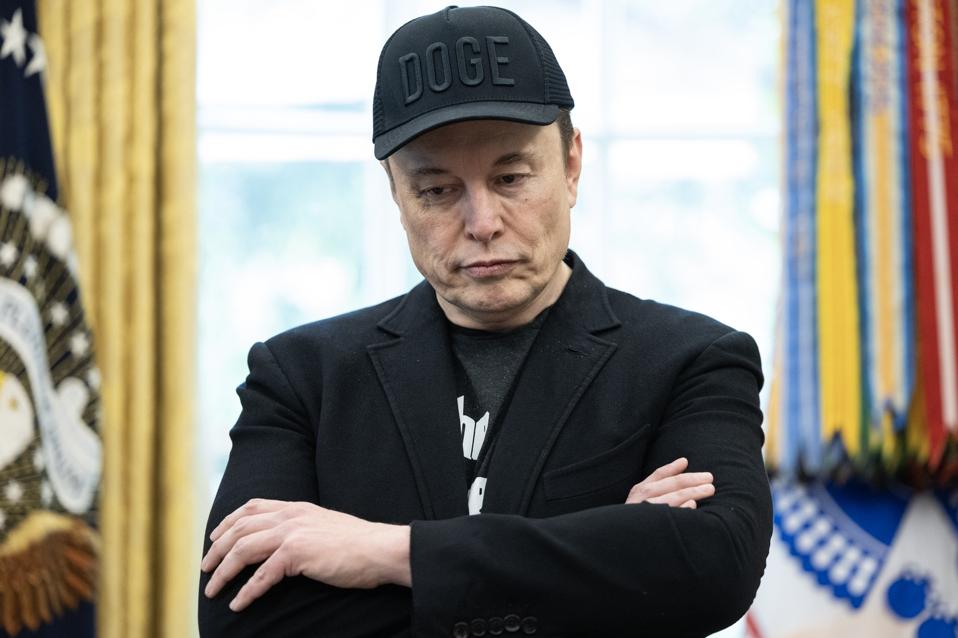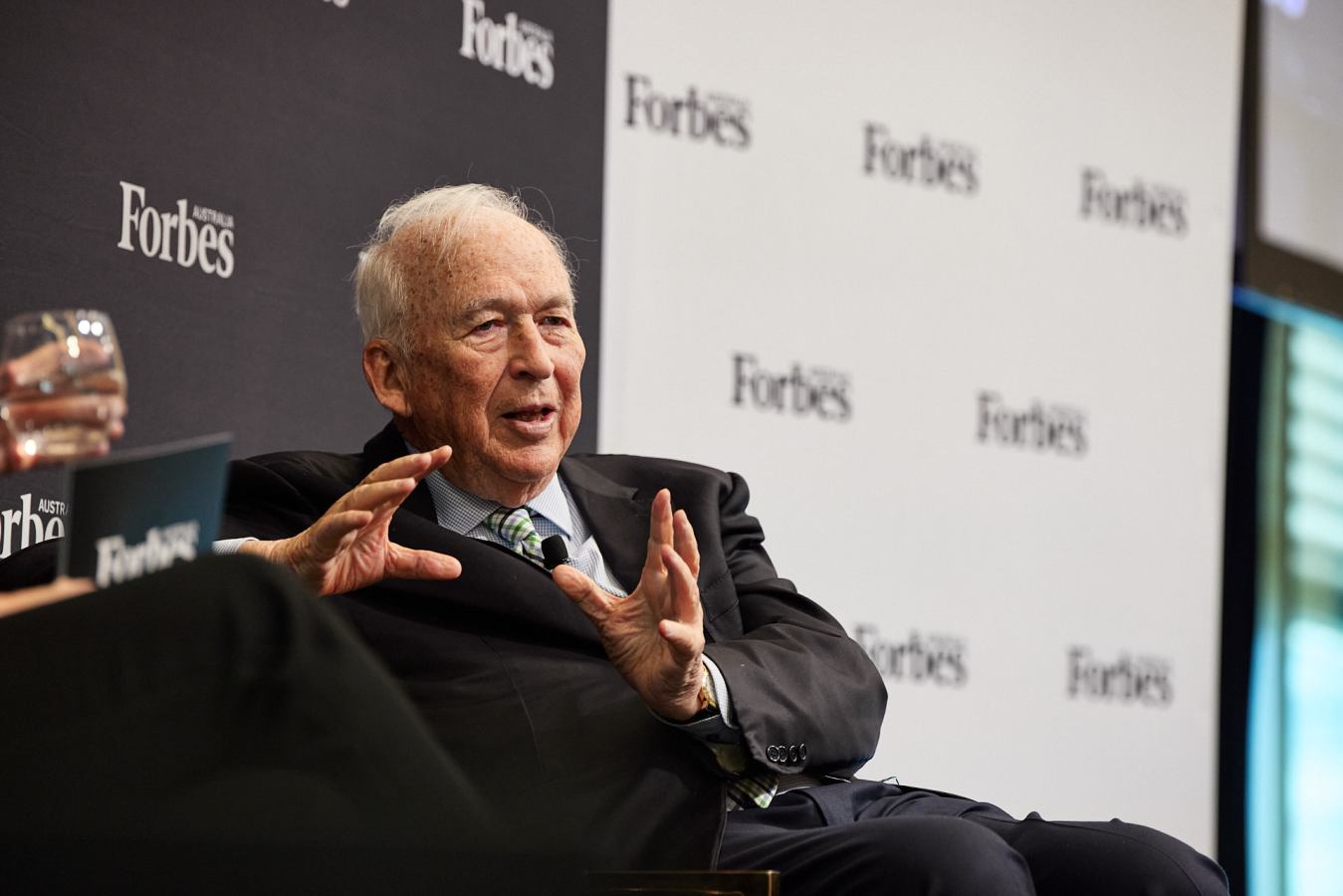Parker Conrad is bringing Rippling, his US$11.25 billion work management platform to Australia, nearly a year after Silicon Valley Bank’s collapse forced the business to liquidate $130 million to process its customers’ payrolls.

Rippling, which fancies itself a one-stop-shop for businesses to run their HR, IT and finance operations, officially launched in 2016. Eight years later, the company has revealed it’s opening a headquarters in Sydney, with a 30-strong team, and has planned a multi-year investment initiative in the Asia-Pacific region.
Founded by Parker Conrad, who Forbes estimates has a net worth of US$1.2 billion (AU$2.76 billion), Rippling’s expansion plans come at a time when Australia is seeing an increasingly globalised workforce. Nowadays, it’s not unusual for companies to hire people outside the country – and siloed systems are still the norm.
“Historically, people have had one system for their US employees, and a completely separate system for their people in India or folks in Australia. And that then leads to this problem where you can’t get a single picture of your entire company. If you tried to pull a report of your R&D payroll expenses for the last month or quarter, that would be really hard to do.”
According to a survey of 500 Australian payroll managers (by Rippling in partnership with Censuswide), 63% of companies employ three or more solutions to manage their HR and payroll, and 37% use five or more. Nearly half of all businesses still rely on manually inputting employee data, and as a result, 45% of companies say they’re actively looking to switch their existing HR and payroll systems in the next 12 months.
Rippling claims to be the first company that’s built a single, native global payroll system – it provides one software code-base for payroll systems, no matter which country they’re operated in.
“It’s the same underlying system – it just has a rules engine that allows you to build an Australian payroll on top of the same system.” And it’s not just payroll – it’s also third-party apps like Slack and Zoom.
“When it’s all in one place, it gives every team the power to automate tasks, access key insights, and accelerate business execution. We’re excited to bring this new approach to Australia and help businesses run more efficiently,” Conrad says. The company has brought in Matt Loop, Slack’s former VP Asia at Slack to the same role at Rippling, where he’ll lead the company’s operations across the region and aid its expansion.
Competition Down Under
Australia is already home to big payroll and HR software platforms like Xero and Employment Hero (the latter which raised $263 million at the end of 2023, to be valued at $2 billion), but Conrad says Rippling’s all-in-one system puts them leaps and bounds ahead.
“Employment Hero never built payroll. They’ve acquired Keypay but it’s still two separate systems,” Conrad says, referencing the company’s 2022 acquisition, funded by a $181 million capital raise.
“We think that they have very much underinvested on the product and R&D side, and as a result, these big problems still remain for employers,” Conrad says. “Rippling will spend, next year, five times the amount of money on research and development as Employment Hero’s entire revenue. It’s a massively larger R&D investment to tackle these problems.”

It comes as Employment Hero reveals it’s hit a significant milestone, now processing more than $100 billion in payroll globally, and serves about 20% of Australia’s private business. Its employer of record service, Global Teams, has also expanded to 144 countries.
“We are continuing to invest in increased automation, to make it even easier for hundreds of thousands of SMEs on our platform to hire and onboard talent,” Ben Thompson, CEO and founder of Employment Hero, said.
Record turn-around
The announcement comes almost one year after Rippling was almost upended by the collapse of its banking partner, Silicon Valley Bank.
On Friday March 10th, Conrad got a call saying SVB would be entering receivership, which spelled bad news for Rippling as it held client funds in a transient account at SVB, to be paid to their employees on payday, which happened to also be Friday, March 10th.
“It was actually my CMO who called and said, ‘Hey, people are writing in and saying they’re not getting paid,” Conrad recalls. “I thought, ‘Oh my God’, that’s the call you never want to get as the CEO of a company that does payroll.”
A few hours later, Rippling received news that the Federal Deposit Insurance Corporation (FDIC) had closed SVB and frozen its assets, which meant Rippling’s clients’ funds had been frozen with it. Over 50,000 employees were set to be paid that day, many of which were making an average of US$55,000 per year. Rippling knew many of these employees would be living paycheque to paycheque.
“We knew we needed $130 million to make Friday’s payroll and we had the capital available to finance that,” Conrad says.
“We moved heaven and earth: our chief financial officer was selling down securities to make sure this could happen, our legal team was contacting regulators… The result was that most people ended up getting paid on Friday, and a few people saw funds flow into their account over the course of the weekend. But we knew there were payroll dates set for the following Monday, Tuesday and Wednesday. We didn’t have exposure past Wednesday.”
And so Conrad hit his little black book of investors to see who might be interested in investing in Rippling that day. At 9:30am, he rang Neil Mehta from Greenoaks, which had invested in almost all of Rippling’s previous rounds. The pair signed a term sheet 12 hours later for a US$500 million Series E funding round, which closed on Monday morning. That brought the company’s total funding to US$1.2 billion since inception, and its valuation to US$11.25 billion (AU$17.23 billion).
“People were just really moving mountains,” he says. “We were asking people to do things that may have taken them months, in hours. But, it never ceases to amaze me what people are able to accomplish when things are down to the wire.”
Ultimately, the FDIC announced it would guarantee deposits, so there was no need for capital to protect Rippling’s customers. But Conrad didn’t want to break his commitment, and after recovering all funds from SVB, the company’s balance sheet held just shy of US$1 billion in cash, and its banking operations moved to JPMorgan Chase.
In terms of cash, Conrad’s happy with the company’s balance sheet, and doesn’t expect to be raising more funds anytime soon. “No immediate plans for [an IPO] either, but I think that’s something that we’d like to do eventually.”
Over the next 12 months, Conrad says the company has five new product lines launching and an entirely new Cloud (on top of its three current Clouds, HR, IT and finance) – though, he can’t say much on that. Outside of that, Rippling expects to launch in more countries and continue investing into its R&D roadmap.
Take two
Rippling is Conrad’s second attempt at a HR start-up, after launching Zenefits in 2013, a company that made HR software for SMEs, automating health insurance benefits as well as payroll.
Conrad built the company to a valuation of US$4.5 billion in 2015, up from US$500 million the previous year. But after the company came under public scrutiny for broker licensing failures and other compliance issues, Conrad resigned in February 2016.
“I’ve had some really big successes and some really deep and profound failures, and that cycle has repeated itself a lot in my life,” Conrad told Forbes in 2020. “You’re always trying to defeat your demons.”
Rippling made Forbes’ 2020 list of Next Billion-Dollar Startups, five years after Zenefits made the publication’s inaugural list. “Obviously, look, Zenefits had a series of compliance failures that we are very careful not to repeat here [at Rippling],” Conrad said.
Look back on the week that was with hand-picked articles from Australia and around the world. Sign up to the Forbes Australia newsletter here or become a member here.


